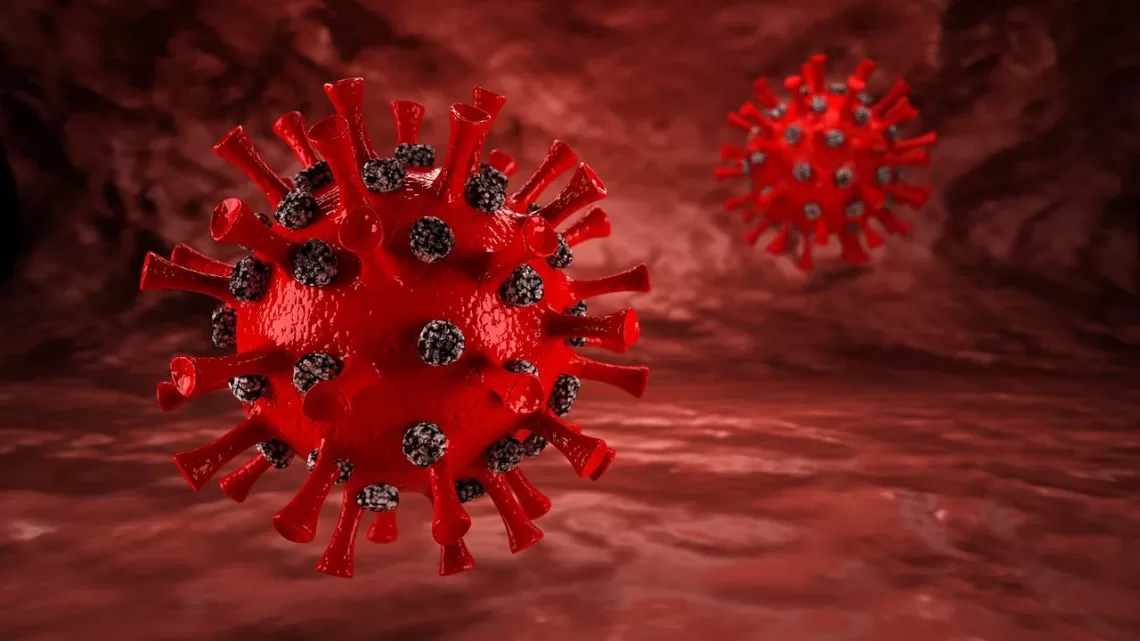
The COVID-19 and Alzheimer’s Connection: A Deep Dive into Clinical Characteristics and Potential Mechanisms
January 31, 2024In a groundbreaking review published in Frontiers in Aging Neuroscience, researchers have explored the intriguing connection between COVID-19 and Alzheimer’s disease (AD). The comprehensive study delves into the clinical characteristics of severe COVID-19 events and uncovers potential mechanisms linking the two medical conditions.
Clinical Characteristics of COVID-19 Patients with Severe Events and their Relation to Alzheimer’s Disease:
The review highlights key insights into the aftermath of severe COVID-19 infection, indicating that survivors are more prone to developing stable neuropsychiatric and neurocognitive conditions, including depression, obsessive-compulsive disorder, psychosis, Parkinson’s disease, and Alzheimer’s disease. Astonishingly, SARS-CoV-2-infected AD patients faced a higher mortality rate.
Furthermore, the presence of COVID-19 in AD patients seems to exacerbate AD-related pathological changes, such as increased proinflammatory cytokines, NLRP3 activation, and oxidative stress. These findings underscore a significant impact of COVID-19 on the pathogenesis of AD, potentially altering inflammatory responses, oxidative stress, and neurodegenerative biomarkers.
The study also investigated the virus’s ability to directly invade the central nervous system and the role of ACE-2 receptors. Genetic links were explored, with the OAS1 gene emerging as a potential connection between AD and severe outcomes related to COVID-19. This implies that individuals with AD may be more susceptible to severe consequences if they contract COVID-19.
In summary, the clinical characteristics observed in severe COVID-19 events, coupled with higher mortality rates and an exacerbation of AD-related pathological changes, emphasize the need for personalized care and management for individuals with Alzheimer’s disease who contract COVID-19.
Potential Mechanisms Linking Alzheimer’s Disease and COVID-19:
The review sheds light on several potential mechanisms intertwining Alzheimer’s disease and COVID-19. The virus’s ability to invade the central nervous system through various routes, including hematogenous and neural routes, poses a particular threat to cognitive decline in Alzheimer’s disease patients.
The study also reveals that SARS-CoV-2 can enter the human blood–brain barrier, causing cognitive deterioration. Furthermore, direct invasion of the central nervous system and viral replication can result in neuronal cell death and immune system activation, explaining acute symptoms and long-term complications in Alzheimer’s disease patients.
The OAS1 gene emerges as a crucial genetic link between AD and severe COVID-19 outcomes, providing valuable insights into the intricate correlation between the two conditions.
Improving Patient Outcomes:
Understanding these potential mechanisms is essential for enhancing patient outcomes. The findings underscore the importance of closely monitoring AD patients who contract COVID-19 and considering implications for disease management and intervention.
Personalized care and management are deemed crucial for individuals with Alzheimer’s disease who face the added challenge of COVID-19. The revelations from this study open avenues for further research to comprehensively grasp the complex relationship between Alzheimer’s disease and COVID-19 and its implications for patient outcomes. The insights gleaned from this research pave the way for more targeted and effective care strategies for individuals navigating both Alzheimer’s and COVID-19.
Reference: Shajahan, S. R., Kumar, S., & Ramli, M. D. C. (2023). Unravelling the connection between COVID-19 and Alzheimer’s disease: a comprehensive review. Frontiers in Aging Neuroscience, 15. DOI: https://doi.org/10.3389/fnagi.2023.1274452
Online article:
https://www.frontiersin.org/articles/10.3389/fnagi.2023.1274452/full

















